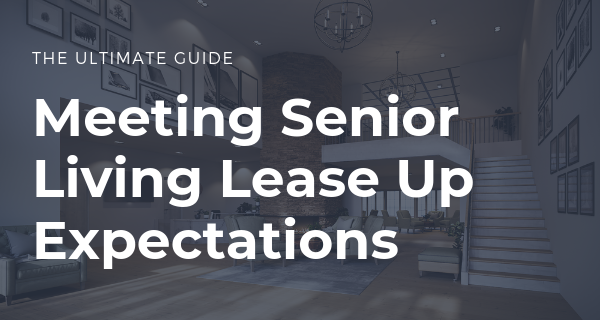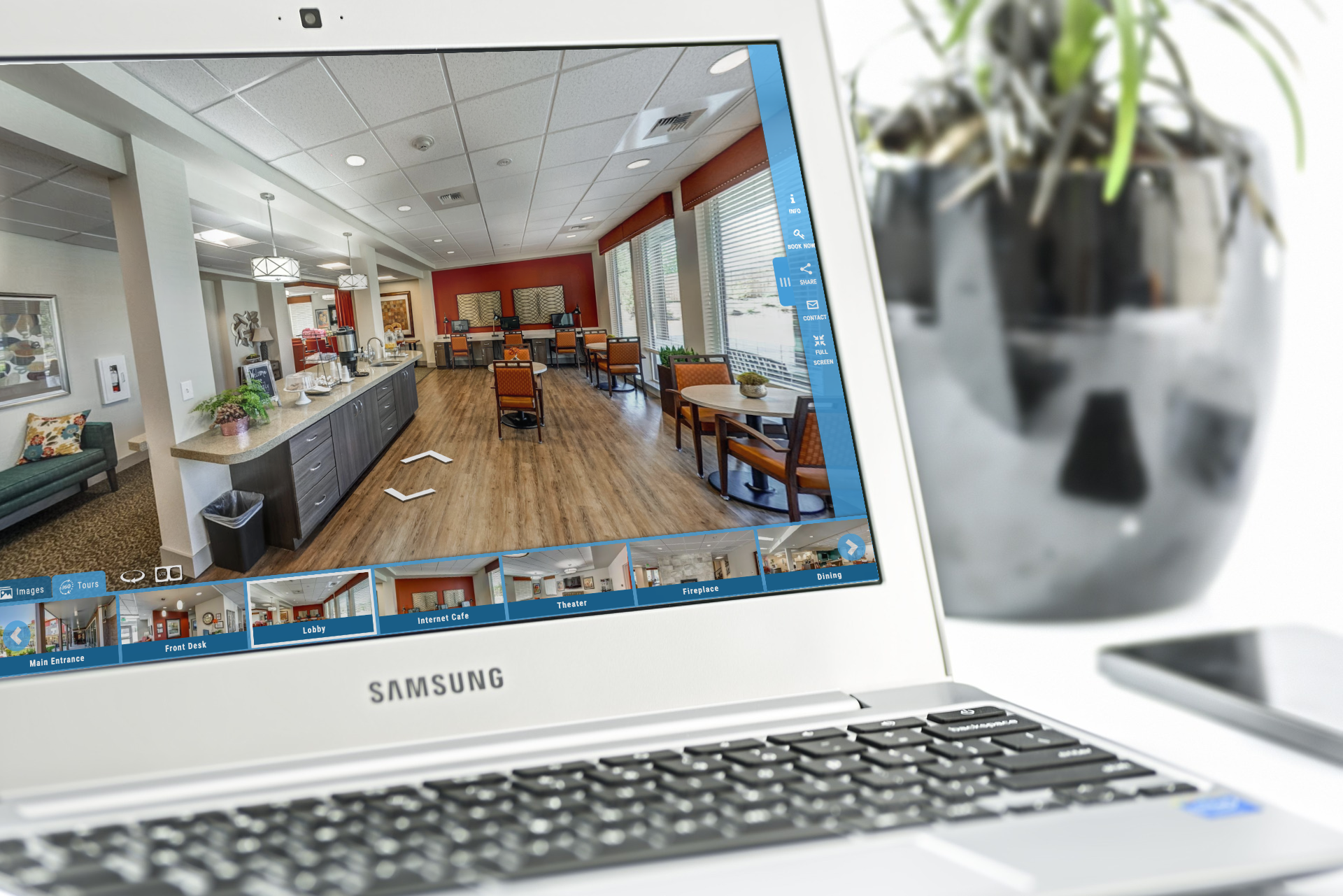Senior Living Marketing Ideas to Meet Lease Up Expectations
Senior living developments are on the rise — literally—and with that increase, comes even more senior living sales. Senior living high-rises,...
3 min read
 Kyna Garrett
:
Jul 24, 2019 9:00:00 AM
Kyna Garrett
:
Jul 24, 2019 9:00:00 AM

What if I told you the number of seniors moving between states has increased 65% over the last decade?
There are a number of reasons why we see seniors moving so much: relocating to be closer to their children, downsizing, trying to lower expenses or looking for the perfect place to retire.
Of all the reasons a senior may move, transitioning into senior housing can be one of the most difficult.
Helping out of state prospects and their families requires a different approach. They need to feel comfortable and confident in their decision to move.
That's why it's important for your community to create memorable and meaningful experiences with prospective residents. From the moment they begin their search until you've welcomed them into their new home, you are responsible for creating an experience for them that makes their decision not only easy but joyful.
One of the biggest challenges a senior faces when looking for senior living is mobility. Particularly for seniors out-of-state, visiting communities in person can be difficult due to the long distance travel.
Additionally, there are also many seniors who face living without family, which can make the transition even more intimidating. According to recent research, 22% of Americans 65+ are aging alone and lacking that family support.
Offering the right resources during their search, however, can really help boost confidence and make the shift to senior housing more manageable.
A common challenge seniors face is a feeling of losing their independence. Many of them have difficulty maintaining their homes, are no longer able to drive and face declining health.
How will they get to their appointment with you? How can they tour your community?
Thanks to technology solutions like senior living virtual tours, seniors are granted the independence they need to tour a community - without having to actually leave the comforts of their home.
While browsing your website, they can navigate through your community to get a complete idea of your offerings. Perhaps they want to walk around your dining room. Or maybe they want to explore a model unit.
With a virtual tour, the touring experience is in their hands, allowing them the freedom to explore your community at anytime.
It’s important to focus your sales and marketing on including both prospective residents and their families every step of the way.
Be curious. When a prospective resident reaches out either by phone or website, ask questions that help you better get to know them. Listen to learn what's important to them, what they enjoy, and even what they are concerned about.
If a family member is directing the transition, encourage a group call with both the family and prospective resident. Encourage a virtual tour to help the out of state prospect feel incorporated into the touring experience. This will not only help the prospective resident feel empowered and respected, it also will open a dialogue to any questions.
Technology solutions in senior living can be incredibly powerful during this transition. Virtual tours are an excellent place to begin, however, there are other key solutions that can build confidence and understanding of your community.
One major area to consider is your Google My Business listing. Google is one of the first places prospective residents turn to when searching for senior housing. Your listing is a pretty useful tool to answer common questions, so leaving it empty and incomplete can be pretty frustrating (and not to mention, won't rank well either).
In addition to a complete listing, great photography will make a fantastic first impression and show seniors what kind of atmosphere you offer along with your amenities.
Lastly, out-of-state seniors need to get the full picture of your community to confidently sign a contract sight-unseen. One other area to consider are floor plans. Both 2D and 3D floor plans have their benefits.
2D floor plans are simple and easy to understand, while 3D floor plans provide a bit more detail with furniture layout and color. Many senior living communities opt for 3D floor plans to paint a more realistic picture of the flow and layout of their units, though 2D floor plans can be incredibly powerful for their simplicity.
You can do one better by upgrading your floor plan experience with a stacking plan, which solves the problem of unit location. Prospects will get the full experience of viewing what your community looks like with a map and floor plates that showcase unit location, which is a detail that’s often missing during the search.
No matter what you do, offering a meaningful experience through technology solutions can do wonders to facilitate this transition. Ultimately, the goal should be to provide a memorable experience that stands out to the prospect and their family and provides the support they need during this transition.
Contact us today to learn more about our senior living technology solutions.

Senior living developments are on the rise — literally—and with that increase, comes even more senior living sales. Senior living high-rises,...

There are many challenges facing seniors today.

“In late 2016, about 45 assisted living units went online every day. However, occupancy over that period hit a 6-year low.”